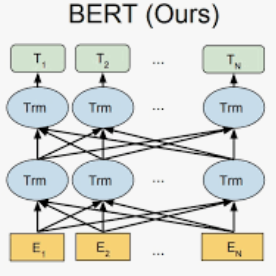Adaptive gradient methods, such as Adam and LAMB, have demonstrated excellent performance in the training of large language models. Nevertheless, the need for adaptivity requires maintaining second-moment estimates of the per-parameter gradients, which entails a high cost of extra memory overheads. To solve this problem, several memory-efficient optimizers (e.g., Adafactor) have been proposed to obtain a drastic reduction in auxiliary memory usage, but with a performance penalty. In this paper, we first study a confidence-guided strategy to reduce the instability of existing memory efficient optimizers. Based on this strategy, we propose CAME to simultaneously achieve two goals: fast convergence as in traditional adaptive methods, and low memory usage as in memory-efficient methods. Extensive experiments demonstrate the training stability and superior performance of CAME across various NLP tasks such as BERT and GPT-2 training. Notably, for BERT pre-training on the large batch size of 32,768, our proposed optimizer attains faster convergence and higher accuracy compared with the Adam optimizer. The implementation of CAME is publicly available.
翻译:暂无翻译


